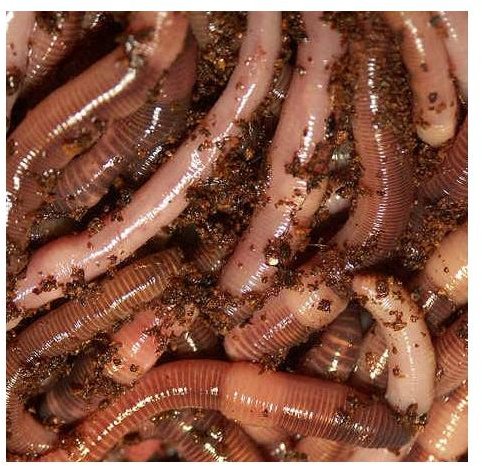What Does a Computer Worm Do to Your Computer: How they Infect, Spread and the Potential Damage to Your System
What is a Computer Worms and How it Infects a Computer
Worms. The word worm is usually considered a bit disgusting and vulgar. Worms themselves are slimy, ugly creatures which spend most of their time burrowing out of sight. Perhaps this is why computer worms were given their name. Worms are probably the most destructive and dangerous form of malware on the Internet, and unlike most viruses and Trojan Horse attacks they don’t require users to take action in order for the worm to infect a computer. It is, in fact, inaction which allows computer worms to spread.
Methods of Infection
Computer worms generally do not infect computers in the same way as a traditional virus. A virus requires that the user take some action which triggers the virus. Usually this involves running a script on a website or opening a certain file. Computer worms, however, are self-replicating programs which take advantage of security holes in networking software and hardware. The worm exploits these vulnerabilities automatically, which is why a user doesn’t need to take any action to be infected.
There are some malware programs which are considered worms but do require the user to take action. One example was the ILOVEYOU worm, which spread in 2000. The ILOVEYOU worm spread by using a vulnerability in the way Microsoft Outlook displays email attachments in order to disguise itself as a normal text file. Text files are generally harmless, so users opened the file without realizing it was in fact dangerous malware. In this example the ILOVEYOU malware is considered a worm because it takes advantage of a security flaw; however, the user still had to take action for infection to occur.
How Worms Spread to Other Computers
Worms are also unique by the ways in which they spread to other computer systems. A typical virus might be spread by spam, or by putting an infected file on the Internet disguised as something people are likely to download, such as a pirated movie. Worms, however, take action to replicate themselves.
There are many ways which a worm can perform self-replication. Worms which take advantage of a network vulnerability will usually replicate themselves by sending out new worms to random IP addresses. When a vulnerable system is found, the worm infects it and begins replicating itself using the same method on the newly infected system as well. This is why worms are considered a threat to Internet stability as well as to individual systems. An effective worm which is able to infect tens of thousands of computers will continually bombard the Internet with information sent to random IP addresses.
Worms which use other vulnerabilities might spread in other ways. Those which exploit email vulnerabilities typically replicates through email, for example.
What Does the Worm Do to Your Computer?
A worm has infected your computer. What happens?
That depends on the worm. The term “computer worm” mainly refers to the way in which the malware infects a computer and replicates itself. The actual damage done - sometimes called the payload - can vary quite a bit.
The ILOVEYOU worm, for example, replaced some files with copies of itself and also renamed other files or modified them so that they would be unusable. The ILOVEYOU worm could severely damage a system in a short period of time. The more recent Conflicker worm installs additional malware and also acts in self defense by terminating any active anti-malware programs, disabling Windows auto-update and disabling Safe Mode.
Protecting Your Computer from Worms
Now you know what a computer worm does. But how do you protect yourself?
Simple. Keep current with all updates of your operating system.
Worms replicate themselves by exploiting security holes. These holes are patched very quickly by Microsoft. If you keep your operating system up to date you should not have any problems. Of course, having anti-virus and firewall software is also recommended. Both will be helpful if a worm does manage to infect your computer. The anti-virus software will help you remove the worm and the firewall will guard against the worm downloading and installing additional malware.
